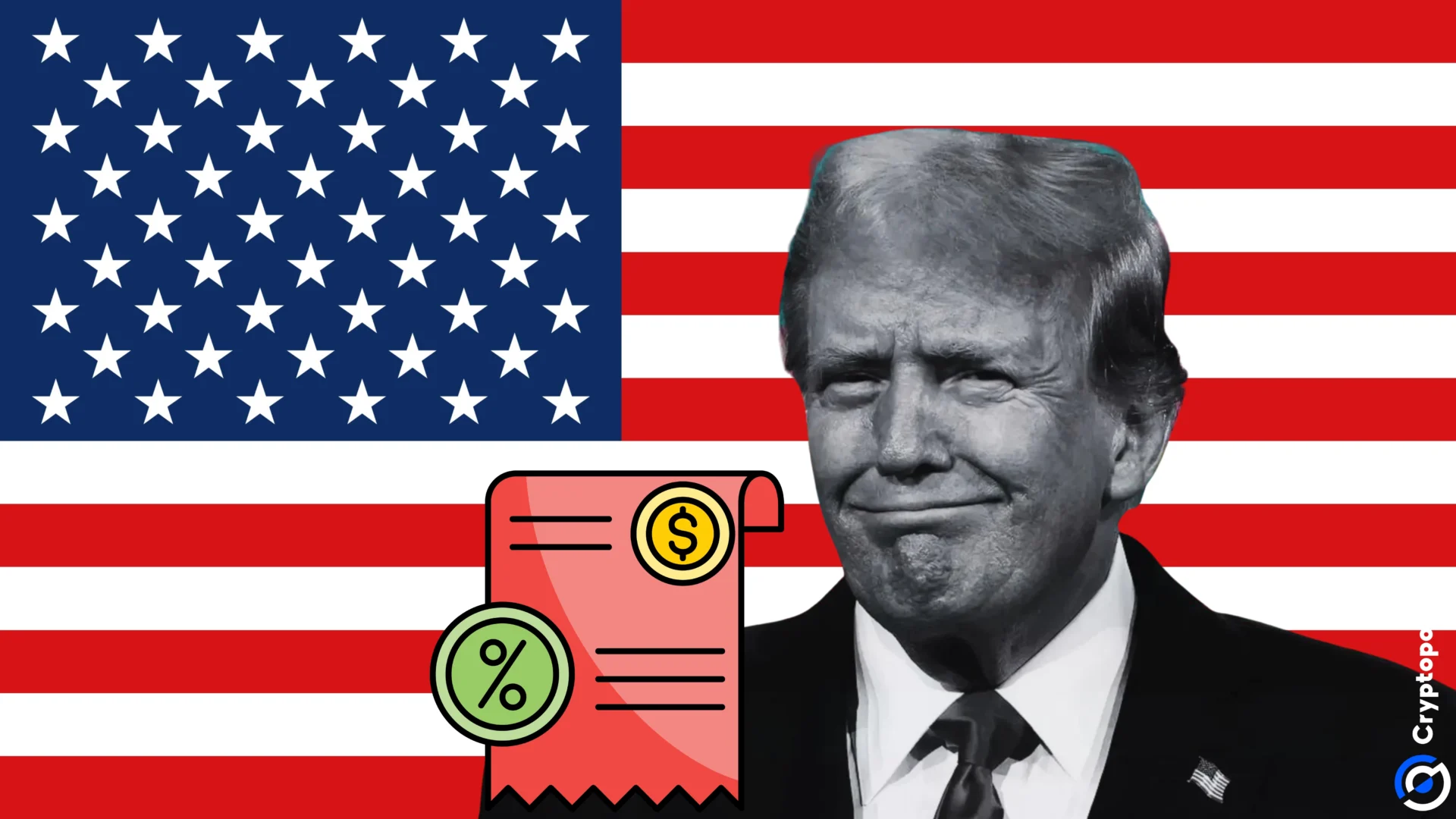
While the federal government’s proactive approach to minimizing damage was appreciated, many pointed out that taxpayers would ultimately suffer the depositors’ bailout.
The overnight collapse of two major traditional banks — Silicon Valley Bank (SVB) and Signature Bank — triggered a series of events that impacted millions of businesses, venture capitalists and bottom-line investors alike. However, United States President Joe Biden assured taxpayers that they would not feel the burn as the federal government takes action to protect depositors.
On March 11, major stablecoins, including USD Coin (USDC), USDD (USDD) and Dai (DAI), depegged from the U.S. dollar after Circle announced that $3.3 billion of its $40 billion reserves were stuck in SVB.
Knowing that numerous other entities tied to the collapsing banks may suffer irreparable damage, Biden announced, on March 12, his commitment to hold the responsible people accountable for the event.
While the federal government’s proactive approach to minimizing damage was appreciated, many pointed out that it’s the taxpayers that would ultimately suffer the depositors’ bailout. On March 13, Biden addressed concerns through a tweet:
Thanks to actions we've taken over the past few days to protect depositors from Silicon Valley and Signature Banks, Americans can have confidence that our system is safe.
— President Biden (@POTUS) March 13, 2023
People’s deposits will be there when they need them – at no cost to the taxpayer.
Biden assured American citizens that the traditional financial system was safe after the federal intervention. He further stated that taxpayers would not be burdened for saving SVB and Signature Bank depositors:
“People’s deposits will be there when they need them – at no cost to the taxpayer.”
However, Biden’s followers on Twitter were not completely sold on this idea, as many pointed out that “everything you do or touch costs the taxpayer!”
Related: Biden wants to double capital gains and clamp down on crypto wash sales: Reports
In parallel, the U.S. Federal Reserve is closely investigating the factors that led to the failure of SVB, including how it supervised and regulated the now-collapsed financial institution.
@federalreserve announces that Vice Chair for Supervision Michael S. Barr is leading a review of the supervision and regulation of Silicon Valley Bank, in light of its failure. The review will be publicly released by May 1: https://t.co/wQ39KLiwHE
— Federal Reserve (@federalreserve) March 13, 2023
As previously reported by Cointelegraph, SVB was shut down by the California Department of Financial Protection and Innovation on March 10, with no specific reason offered for the bank’s forced closure. However, it is suspected that SVB was on the edge of collapse due to severe liquidity troubles relating to major losses on government bond investments and unprecedented cash withdrawals.





